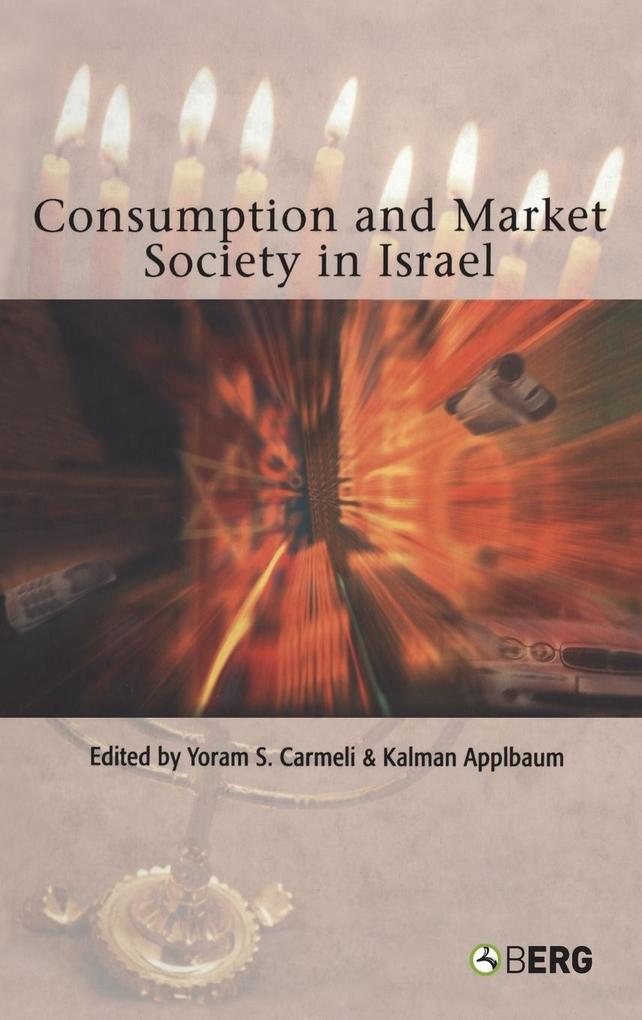
Zustellung: Mi, 23.07. - Sa, 26.07.
Versand in 7 Tagen
VersandkostenfreiBestellen & in Filiale abholen:
Israel has been remodelling itself on Western consumer societies for the last twenty years. Most Israelis now aspire to the "accessories" of Western lifestyles--private automobiles, cell phones, shopping malls, and travel abroad. International franchises such as McDonald's, Office Depot, Benetton, IKEA, and Toys 'R' Us increasingly feature in the Israeli landscape, and advertising has emerged as a potent force. "Consumption and Market Society in Israel" shows how different groups--kibbutzniks, Israeli Arabs, Ultra-Orthodox Jews, new immigrants, and middle-class Israelis--alternately exhibit a suspicion towards and enthusiasm for the consumer market society. Lifestyle consumerism is seen alternately as destructive to community and nation, or providing a sense of unity and familiarity in a time of political turmoil. This book is a timely contribution to a hotly debated topic. It is not only innovative in its research, but is the first work to explore fully the significance of this transformation in Israel.
Inhaltsverzeichnis
1 Introduction 2 Of Thorns and Flowers: Consuming Identities in the Negev 3 Consumption and the Making of Neighborliness: A Tel-Aviv Case Study 4 Tourism and Change in a Galilee Kibbutz: An Ethnography 5 The Ultraorthodox Flaneur: Toward the Pleasure Principle. Consuming Time and Space in the Contemporary Haredi Population of Jerusalem 6 Food for Thought: The Dining Table and Identity Construction among Jewish Immigrants from the Former Soviet Union in Israel 7 "Doing Market" across National and Gender Divides: Consumption Patterns of Israeli Palestinians 8 Consumption under Construction: Power and Production of Homes in Galilee 9 Consuming the Holy Spirit in the Holy Land: Evangelical Churches, Labor Migrants and the Jewish State
Produktdetails
Erscheinungsdatum
01. Februar 2004
Sprache
englisch
Seitenanzahl
218
Herausgegeben von
Yoram S. Carmeli, Kalman Applbaum
Verlag/Hersteller
Produktart
gebunden
Gewicht
496 g
Größe (L/B/H)
240/161/16 mm
ISBN
9781859736845
Entdecken Sie mehr
Bewertungen
0 Bewertungen
Es wurden noch keine Bewertungen abgegeben. Schreiben Sie die erste Bewertung zu "Consumption and Market Society in Israel" und helfen Sie damit anderen bei der Kaufentscheidung.









